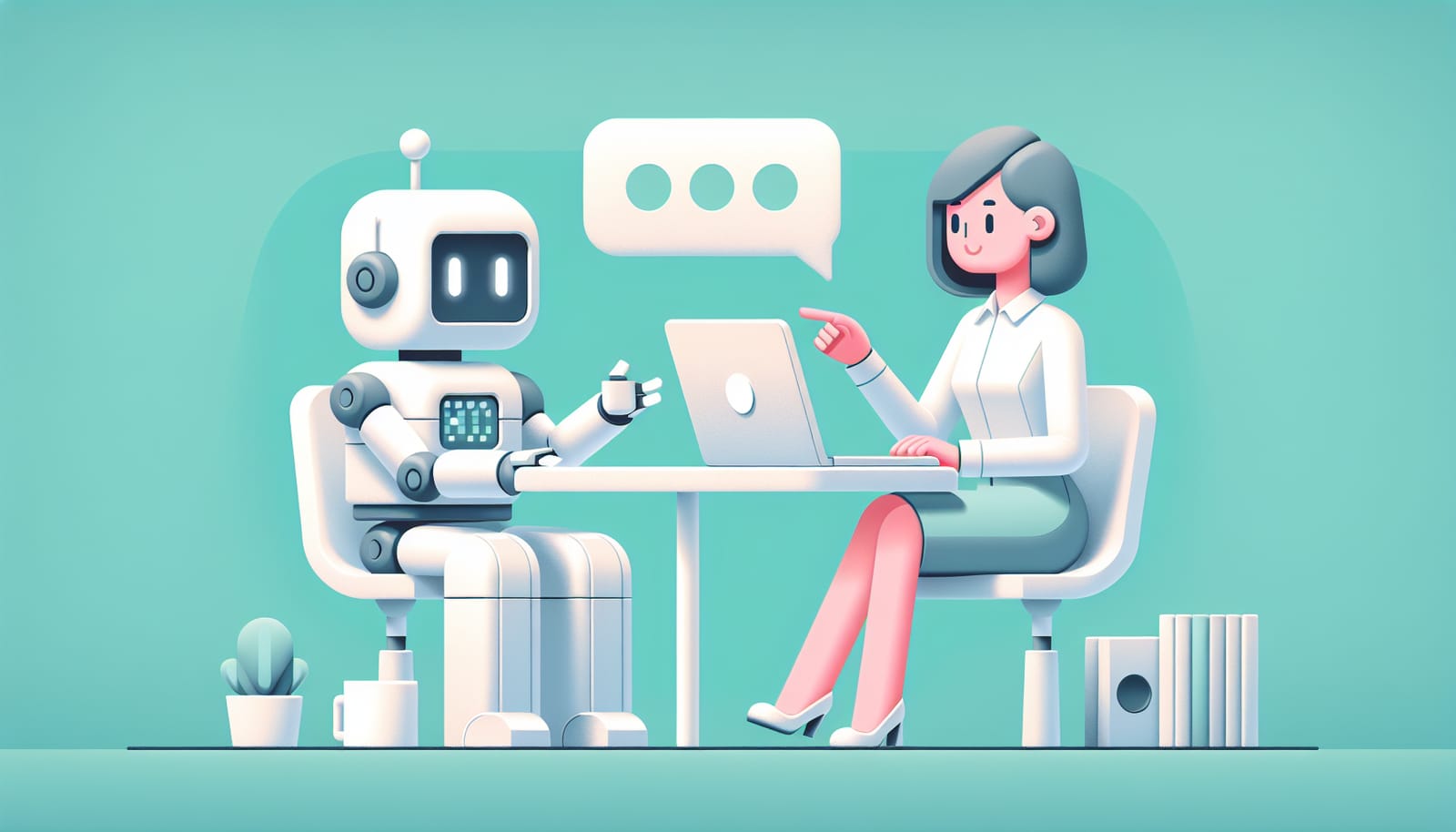Artificial Intelligence (AI) is one of the most talked-about concepts in our modern world. From self-driving cars to voice-activated assistants, AI technology is everywhere. However, with its growing presence, many people have started to wonder about AI's capabilities and characteristics. One common misconception is that AI can have political opinions. This article aims to explore this myth and clarify why AI doesn’t hold political views, while also providing some fascinating insights into the world of AI.
What Is AI, Anyway?
To understand why AI doesn’t have political opinions, we first need to grasp what AI actually is. At its core, AI refers to computer systems or software that can perform tasks typically requiring human intelligence. This includes things like learning from experience, understanding natural language, recognizing patterns, and making decisions.
AI works primarily through algorithms, which are sets of rules or instructions that tell the computer how to perform a task. These algorithms analyze vast amounts of data, and through this analysis, the AI can learn and improve its performance over time. Importantly, while AI can imitate human-like responses or behavior, it does so based on data and programming, not personal beliefs or opinions.
The Nature of Opinion
To delve deeper into the idea of AI having political opinions, we need to understand what an opinion is. An opinion is a belief or judgment that is not founded on certainty or knowledge. It involves personal feelings, experiences, and values. People develop opinions based on their backgrounds, interactions, and social environments. This complex web of influences is what makes opinions deeply personal and often subjective.
In contrast, AI operates on data, statistics, and logic. It doesn’t have feelings, experiences, or a sense of morality. An AI system can analyze data about political views, trends, or sentiments, but it lacks the capacity to form a belief or opinion about them. It simply processes information and generates responses based on the patterns it recognizes.
How AI Learns and Makes Decisions
AI learning can be categorized mainly into three types: supervised learning, unsupervised learning, and reinforcement learning.
Supervised Learning: In this method, AI is trained on labeled datasets. Imagine teaching a child to recognize fruits by showing them pictures of apples and oranges while telling them which is which. The AI processes this information and learns to identify the fruits in new pictures.
Unsupervised Learning: Here, AI analyzes data without labeled responses. It finds patterns and groupings on its own. For example, it might sift through thousands of news articles and group them by topic without knowing beforehand what those topics are.
Reinforcement Learning: This is akin to training a pet. The AI learns by receiving feedback through rewards or penalties based on its actions. If it performs well, it gets a reward, and if it makes a mistake, it learns from that error.
While these learning methods allow AI to become remarkably good at specific tasks, they do not endow it with personal opinions. The conclusions drawn by AI are based purely on the data processed and the algorithms used, devoid of personal influence or bias.
The Role of Data in AI
Data is the lifeblood of AI. The quality and nature of the data fed into an AI system significantly influence its performance. This is where the idea of bias comes into play. If an AI system is trained on biased data, it may produce biased outcomes. For instance, if an AI trained to analyze political sentiment learns from data that predominantly reflects one political viewpoint, it might appear to favor that perspective.
However, it's essential to understand that this doesn’t mean the AI has a political opinion. Instead, it reflects the limitations of the data it was provided. AI doesn’t have beliefs; it merely operates within the framework of the data it has encountered.
AI and Ethics
As AI technology evolves, discussions about ethics and responsibility have become crucial. The question of whether AI can have opinions often leads to broader conversations about ethics in AI. Should AI systems be allowed to influence public opinion, or should there be restrictions on their use in political contexts?
To address these concerns, many organizations focus on developing ethical guidelines for AI usage. These guidelines aim to prevent bias, ensure transparency, and promote fairness in AI applications. While ethical considerations are vital, they further reinforce the idea that AI itself does not possess opinions or beliefs; it’s the responsibility of the humans creating and using AI to ensure it aligns with ethical standards.
In conclusion, the notion that AI has political opinions is a myth. AI is a sophisticated tool designed to analyze data and recognize patterns, not a sentient being capable of forming beliefs or opinions. While AI systems may show patterns that seem biased or opinionated due to their training data, it's essential to remember that these are reflections of the data themselves, not of any personal conviction or viewpoint.
As we continue to integrate AI into various aspects of our lives, it’s crucial to understand its capabilities and limitations. By doing so, we can harness the power of AI responsibly and ethically, paving the way for a future where technology serves humanity's best interests without imposing its own "opinions."
So, the next time you hear someone claim that AI has political views, you can confidently set the record straight. After all, AI is an incredible tool designed to support us, learn from us, and help us solve problems—not to express opinions like a person would. The future of AI is bright, and it’s up to us to guide it wisely!


